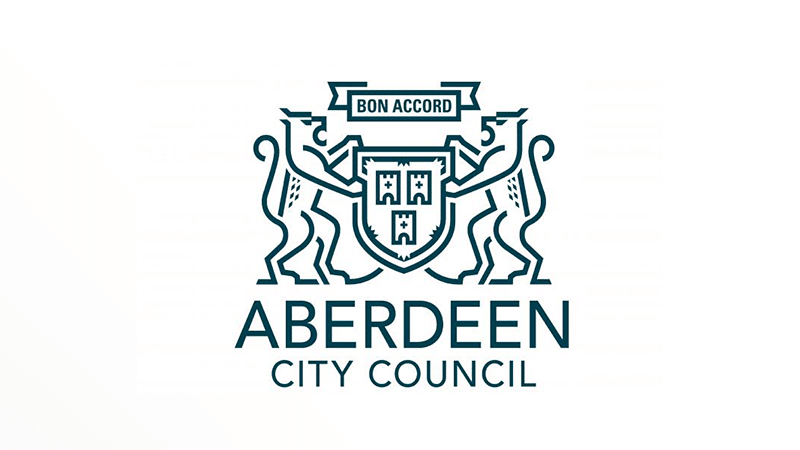Primary school children as young as seven have been asked about their ‘gender identity’ in the city of Aberdeen, it has been revealed.
In a sex and wellbeing survey distributed by Aberdeen City Council to 59 primary schools, seven to nine-year-olds were asked if they were ‘male, female, non-binary, transgender or other’.
In 2021, the Scottish Government sought to roll out a controversial survey which asked teens shocking sexual questions, and intruded into the home lives of primary school children.
‘Deeply inappropriate’
The MSP for North East Scotland, Douglas Lumsden, said: “It is disgraceful that the council are forcing children as young as seven to answer questions about their gender.”
“These snooping questions”, he argued, were “following the same agenda” as Scottish Greens MSP Maggie Chapman, who said “that she would like children as young as eight to be able to change gender”.
Meghan Gallacher MSP expressed astonishment that “this deeply inappropriate survey ever saw the light of day”, and called for its immediate withdrawal.
Defending the survey, a council spokesman claimed it had been designed in recognition of the “large number” of school children who identified as “transgender or non-binary”.
LGBT policies
Last year, an education conference organised by campaign group Hands Up Scotland highlighted the evident indoctrination of children in Scottish schools.
Speaking at the conference, The Christian Institute’s Deputy Director Ciarán Kelly said both Scottish law and statutory guidance make clear that local education authorities and schools need to respect the views of parents and be transparent with them.
But, he continued, a “climate of fear of being branded ‘phobic’ or a bigot” pushes some schools to adopt LGBT policies and resources that are unsuitable for children.
Scot Govt ‘ignoring dangers of promoting trans ideology to pupils’
Nandy backs legal ‘sex swaps’ for 13-year-olds
‘Shame on you’: Sturgeon blasted for pushing ahead with gender self-ID Bill
Attorney General: ‘Schools must not affirm children’s gender confusion’



